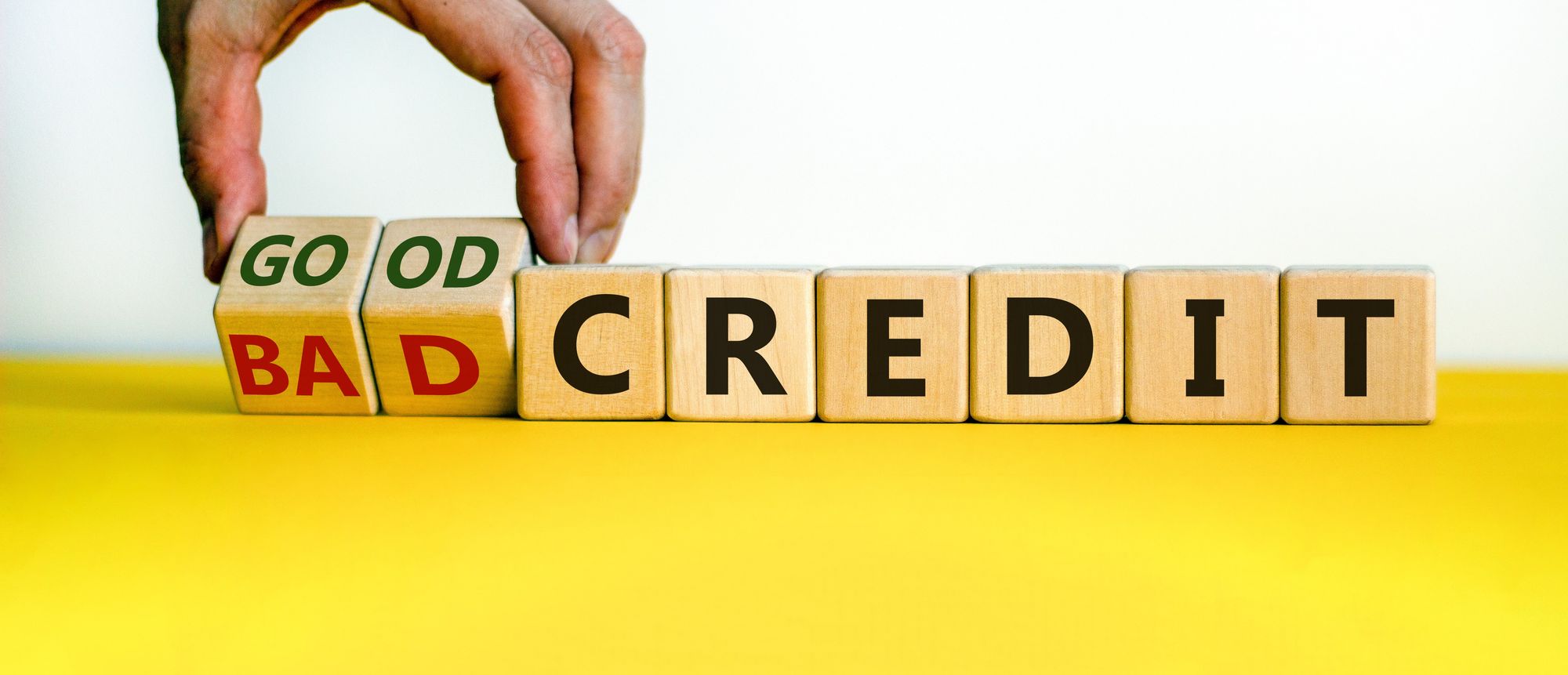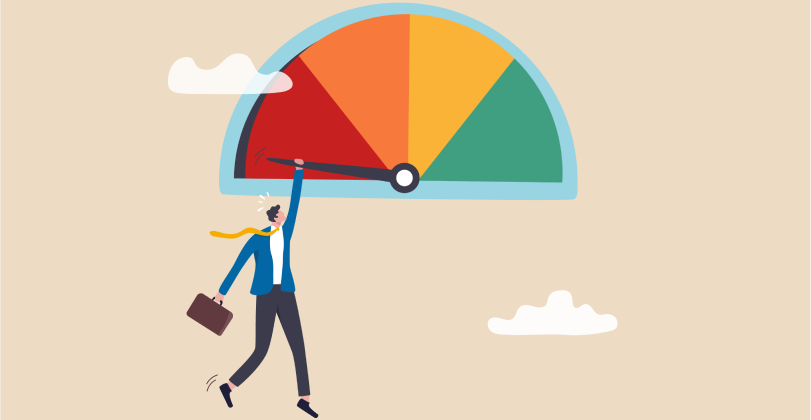Curious about your creditworthiness? Your CIBIL Score, a three-digit number, is the key. It's a reflection of your financial health and plays a pivotal role
Have you ever wondered how lenders judge your financial habits? The answer lies in your credit score. In today's world, your credit score is the key to understanding how responsibly you've handled your financial commitments.
It is not just a number but a reflection of your financial behaviour. But what exactly is a good credit score, and why is it crucial to maintain one?
Let's dive into the world of credit scores and uncover the answers.
What is Credit Score, and What Does it Mean?
Your credit score is a number that banks and lenders use to evaluate your "creditworthiness." This number typically falls between 300 and 900, offering insights into your ability to repay borrowed credit, such as loans. In India, four credit bureaus calculate this score: TransUnion CIBIL, Equifax, Experian and CRIF High Mark.
Understanding Credit Score Ranges
Credit scores span from 300 to 900, but the gold standard is 850 and above — it's the best credit score you can get.
What Constitutes a Bad Credit Score Range?
If your credit score falls between 300 and 549, you're in the realm of bad credit scores. Lenders often reject credit card and loan applications from individuals in this range. So, if your score sits here, it's time to work on improving it.
A Fair Credit Score Range
A credit score between 620 and 679 is considered fair. Lenders view this range as slightly risky, but you're more likely to get approved for credit. Individuals in this range are considered prime borrowers and can access higher loan amounts and credit limits.
What is a Good Credit Score Range?
If your credit score falls between 680 and 739, you're in the good credit score range. Most borrowers in this category can easily apply for credit cards or loans.
The Importance of a Good Credit Score
A good credit score comes with a host of benefits:
-
Lower Interest Rates: One of the most significant advantages of a good credit score is access to lower interest rates on loans. This makes repaying loans faster and reduces financial stress. Even small savings on big loans can add up over time.
-
Higher Credit Limits: Your income, combined with a good credit score, plays a crucial role in determining loan or credit card approval. It can get you higher loan amounts or more substantial credit limits, easing financial endeavours.
-
Improved Approval Chances: Lenders assess your credit score and report before approving credit applications. With a good credit score, your chances of approval naturally increase, making it easier to obtain credit cards and loans.
-
Better Negotiating Power: Weak credit scores often result in higher interest rates on loans. Individuals with good credit scores can negotiate for more favourable interest rates, reducing the overall cost of borrowing.
What Affects Your Credit Score?
| Factors | What Affects These Factors? |
|---|---|
| Payment History | Timely payments of credit card bills, loans, and EMIs are crucial. Delayed, missed, or defaulted payments can lower your credit score. |
| Credit Utilisation | The amount of credit limit you use is important. Ideally, keep your spending below 30% of your credit limit to maintain a good score. Higher utilisation can bring your score down. |
| Credit Duration | The length of your credit history matters. Older accounts and credit cards can demonstrate your consistent bill payment history to potential lenders. |
| Credit Mix | The types of credit you have impact your score. Having a mix of both unsecured loans (like credit cards and personal loans) and secured loans (such as auto loans or home loans) is recommended. |
| Credit Mix | The number of times you apply for credit can affect your score. Multiple inquiries, especially in a short period, may lower your credit score. |
| Factors | What Affects These Factors? |
|---|---|
| Payment History | Timely payments of credit card bills, loans, and EMIs are crucial. Delayed, missed, or defaulted payments can lower your credit score. |
| Credit Utilisation | The amount of credit limit you use is important. Ideally, keep your spending below 30% of your credit limit to maintain a good score. Higher utilisation can bring your score down. |
| Credit Duration | The length of your credit history matters. Older accounts and credit cards can demonstrate your consistent bill payment history to potential lenders. |
| Credit Mix | The types of credit you have impact your score. Having a mix of both unsecured loans (like credit cards and personal loans) and secured loans (such as auto loans or home loans) is recommended. |
| Credit Inquiries | The number of times you apply for credit can affect your score. Multiple inquiries, especially in a short period, may lower your credit score. |
What Doesn't Impact Your Credit Score?
While several factors affect your credit score, some have no significant bearing on it. These include:
-
Account Balance: Your credit score relies on your credit history, not the amount in your bank account.
-
Investments: Owning investment policies doesn't affect your credit score.
-
Income and Employment: Your income and employment history don't influence your credit score. Lenders focus on your credit behaviour.
-
Residential Address: Your location has no impact on your credit score.
-
Utility Bill Payments: Regular utility payments like rent, phone, electricity, water, and internet bills generally don't affect your credit score in traditional scoring models.
-
Demographics: Factors like age, education level, religion, and marital status have no bearing on your credit score.
-
Marital Status: Credit scores are determined by individual financial behaviour, not marital status. Joint bank accounts also don't affect your credit history.
-
Debit Card Usage: Credit scores are tied to credit usage, not debit card transactions. Paying with cash or cheques doesn't impact credit scores.
-
Rejected Credit Applications: Previous credit application rejections won't affect your credit score, although the application itself may result in a "hard inquiry," which can.
Frequently Asked Questions
A CIBIL score of 750 or above is excellent. It improves your chances of qualifying for personal loans and credit cards. However, scores below 685 may make it more challenging to borrow from banks and NBFCs.
A higher credit score boosts your chances of loan approval and can lead to lower interest rates, better repayment terms, and faster loan approvals.
A credit score of 700-750 and above is generally considered good when applying for loans. The closer your score is to the maximum (900), the higher your chances of approval.
AUTHOR
KreditBee As a market leader in the Fintech industry, we strive to bring you the best information to help you manage finances better. These blogs aim to make complicated monetary matters a whole lot simpler.







